Over the years there are a few questions that have been put to me more times than I can count.
One of the favourites is: "Have you ever seen a UFO?"
As I am sure you know, UFO – unidentified flying object – is the modern term for ‘flying saucer’.
The saucer craze began in the late 1950s, reached its peak in the 1960s and is still with us today.
But what really are the chances of our being visited by beings from another world, and why do people believe in UFOs?
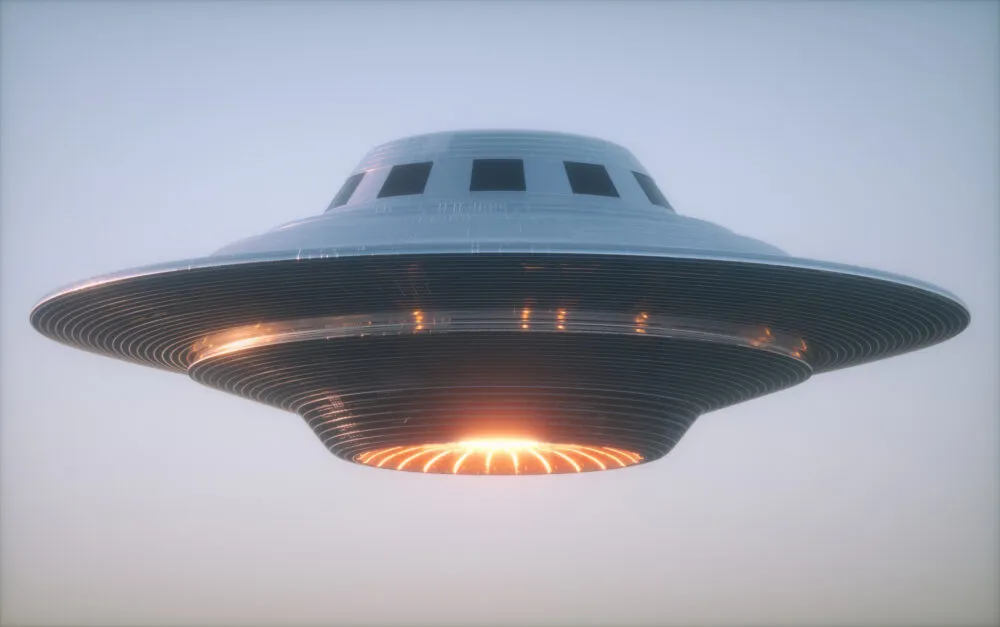
UFO sightings
There is no real point in talking to people who say that they have been taken for rides in flying saucers, or have been kidnapped by aliens and kept prisoner until released.
Trying to argue with these earnest folk is rather like trying to eat tomato soup with a fork, and one gets nowhere.
The same is true of Flat Earthers, hollow-globers and people who believe that Bacon wrote Shakespeare.
But there are undeniably some UFO sightings that cannot be dismissed so easily – so is there any possibility of an alien visitor?
I am going to cause some raised eyebrows by saying that it is not impossible. But first, let me turn to the real answers to most UFO sightings.
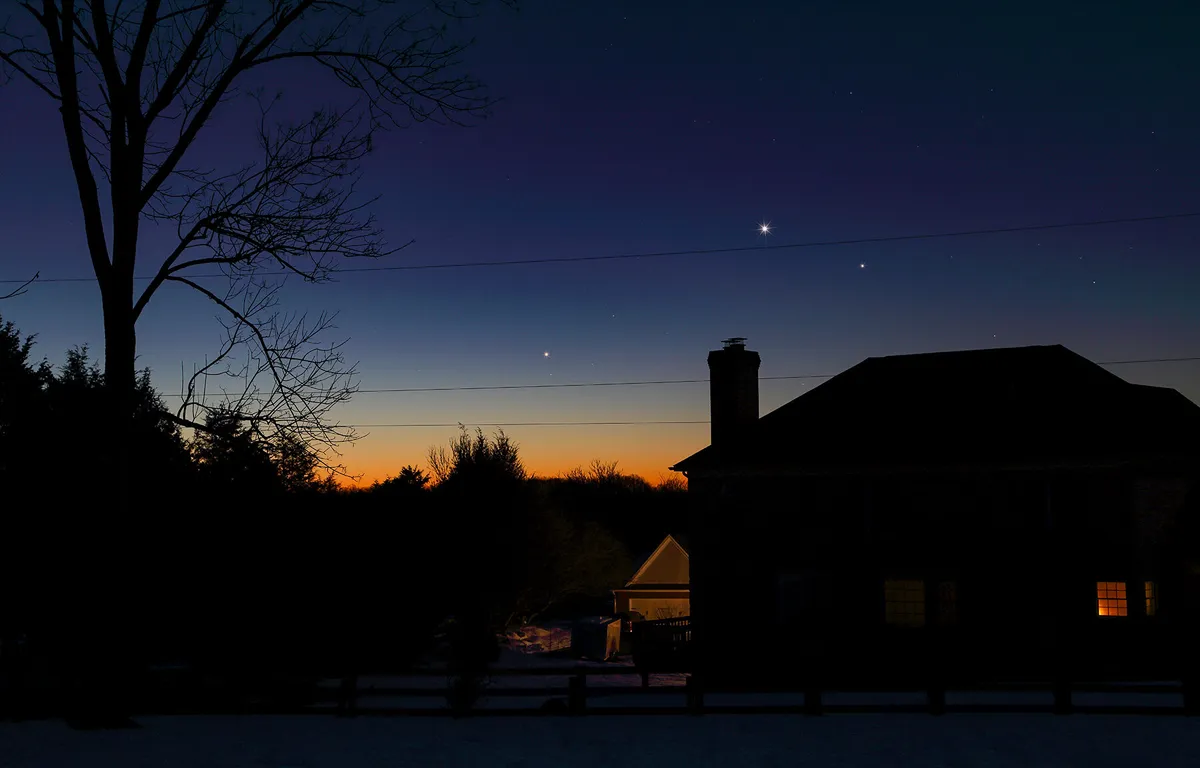
Venus is one. The planet can be striking, and atmospheric turbulence in front of it can give the impression that it is moving.
Jupiter and, very occasionally, Mars have also been mistaken for UFOs, and of course today we have artificial satellites.
The International Space Station can be very spectacular as it moves majestically across the starry background, and indeed it is possible to see the ISS in the night sky.
However, all these reports can be explained at once.
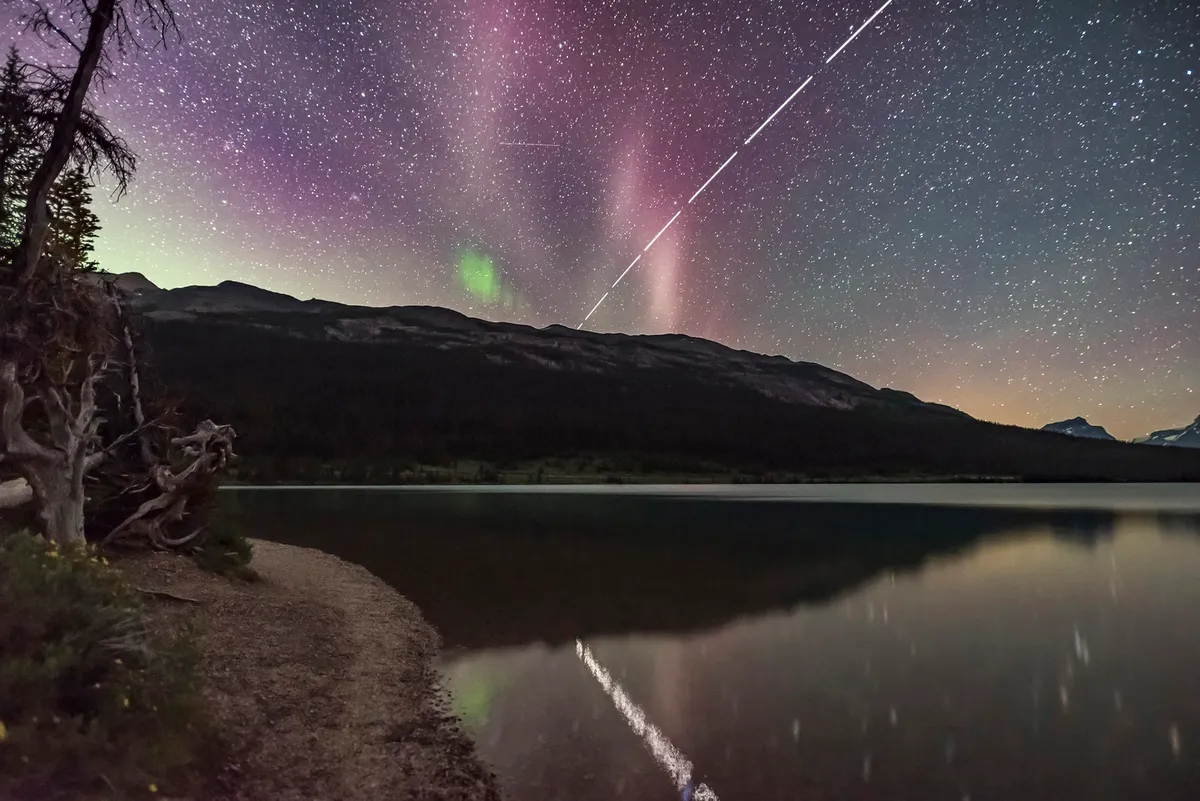
Strange phenomena in our atmosphere? Ball lightning is probably the oldest and is still not fully understood.
It is rare, and I have seen it only once in my 86 years – but nobody could possibly take it for an alien spacecraft.
If you do see it, treat it with respect. It is liable to go off with a bang!
For more of these, read our guide to things commonly mistaken for UFOs.
Receiving messages from an alien civilisation
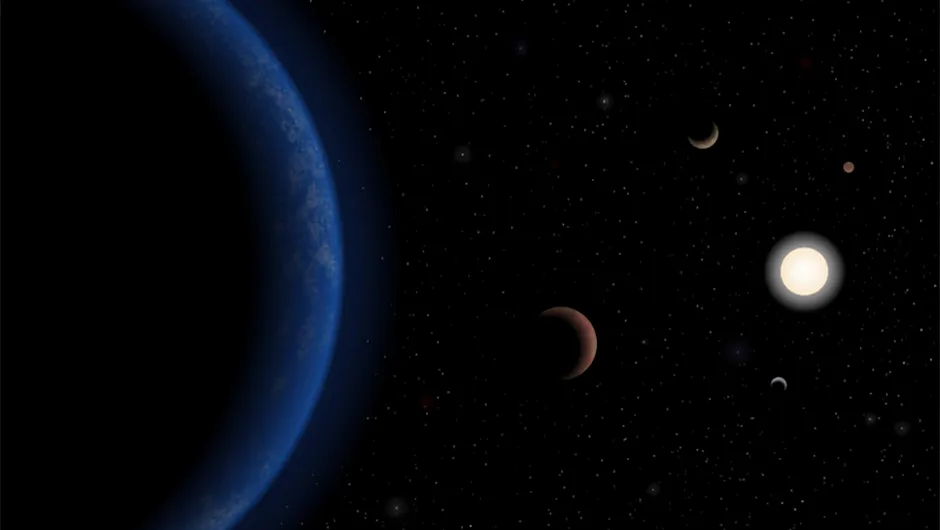
Messages from another world? We have never received any, though careful searches have been made, not least by the SETI Institute.
The first of these dates back to 1970, when Frank Drake - of the famous Drake Equation - and his team in the USA used a large radio telescope to listen out for any rhythmical signals from planets orbiting the nearest solar-type stars, Tau Ceti and Epsilon Eridani.
Messages from Mars have been reported often enough – on one occasion by the brilliant if eccentric Nikola Tesla – but there are no canal-building Martians, and it is safe to say that there is no advanced life anywhere in the Solar System except on Earth.

It is possible that primitive organisms survive on Mars or in the sunless seas of Jupiter's moon Europa or Saturn's moon Enceladus, but that is all.
If we want to find advanced life, we must look much further afield.
Visits from alien beings?
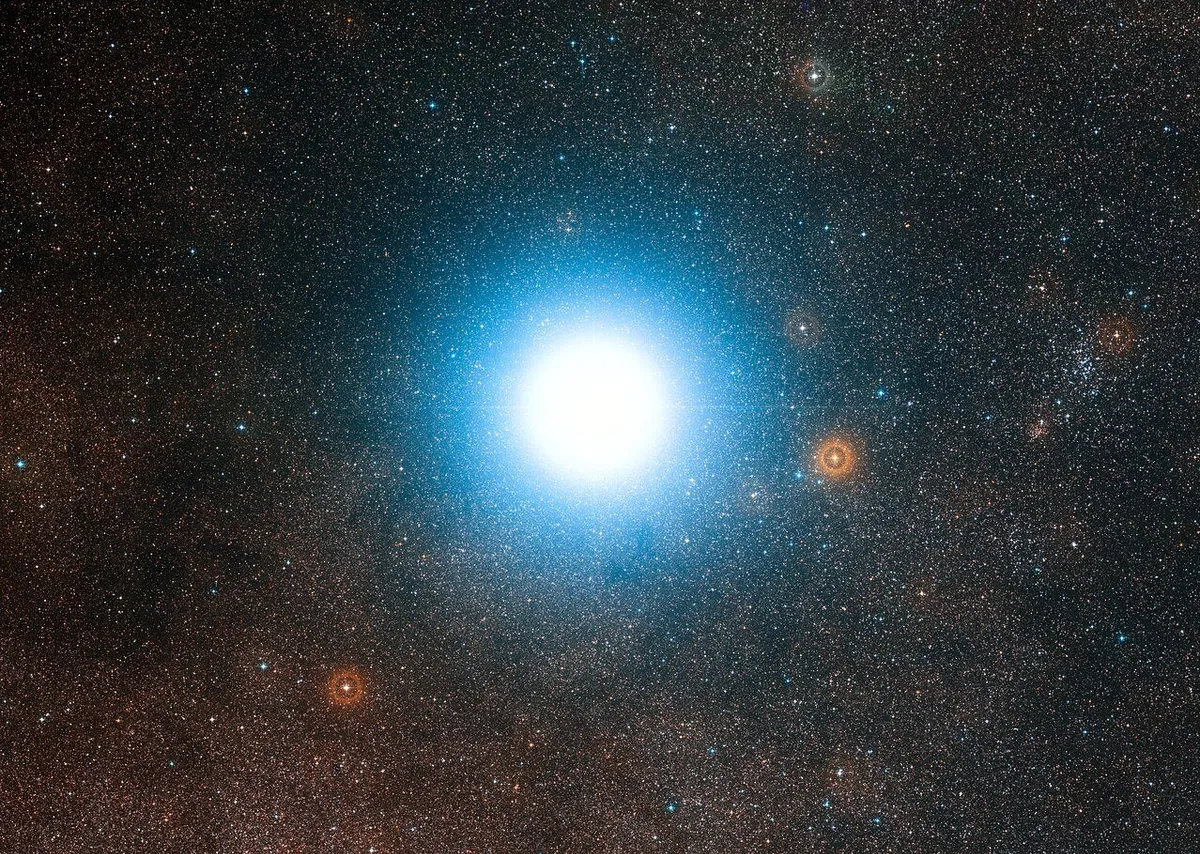
I have already said that I do not believe that an alien visitation is impossible. Now I will explain my reasons…
We have sent humans to the Moon and uncrewed probes to all the planets in the Sun’s family.
It takes a day or so to reach the Moon, a few months to reach Mars or Venus, and a few years to reach the giant planets: Voyager 2, launched in 1977, by-passed Neptune in 1989.
Timewise, all this is manageable, but reaching the stars is quite another matter.
You may have heard talk in UFO circles of the belief in an alien species inhabiting the Zeta Reticuli system, but even our nearest stars, those of the Alpha Centauri system, are over 4 lightyears away, ie, well over 20 million million miles (Epsilon Eridani is over 10 lightyears away, Tau Ceti over 11).
I suppose that we really could try to send a probe to Alpha Centauri, but there would be no hope of maintaining contact with it, and to suggest that it might carry a crew is the stuff of sheer fantasy.
I know that efforts will be made to build a spacecraft able to travel much faster than those of today, capable of reaching Jupiter or even Neptune in a week.
But to reach Alpha Centauri in a few years would mean moving at almost the speed of light, and this, I am sure, is something that we will never be able to do.
So why do I not rule out all alien visitors?
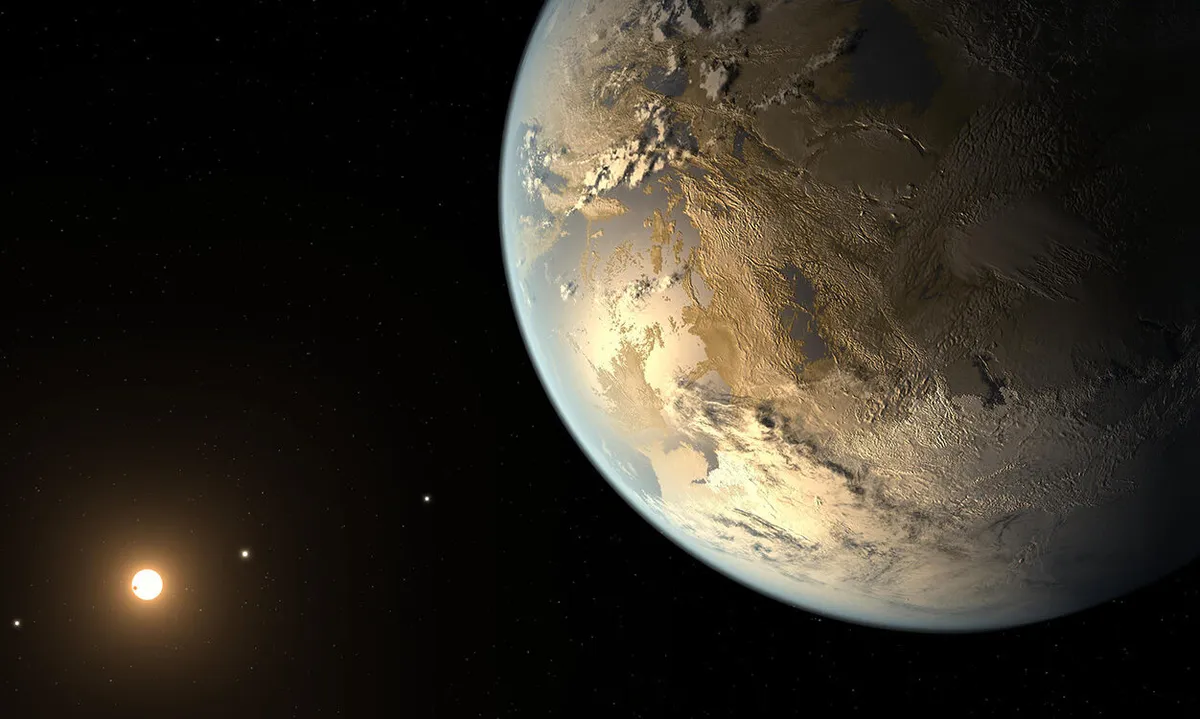
Simply because there are 100 thousand million stars in the Milky Way system, many of them attended by planets, and our Galaxy is only one of many.
Millions of millions of Earth-like exoplanets must exist, and surely there must be vast numbers of civilisations.
Ours is young, and it has taken only a few tens of thousands of years for Homo sapiens to evolve from cave-dwellers whose conversation was limited to "ug" and "og", to technicians able to produce nuclear bombs.
It is patently obvious that we cannot send material rockets to worlds beyond the Solar System, and we have no inkling of any other method.
Using, for example, space-warps, time-warps or thought-travel is completely unrealistic.
But I repeat – and this is the crux of my argument – our civilisation is young, and we are still going through the stage when we have the scientific ability to destroy ourselves but are not intelligent enough to live together in peace.
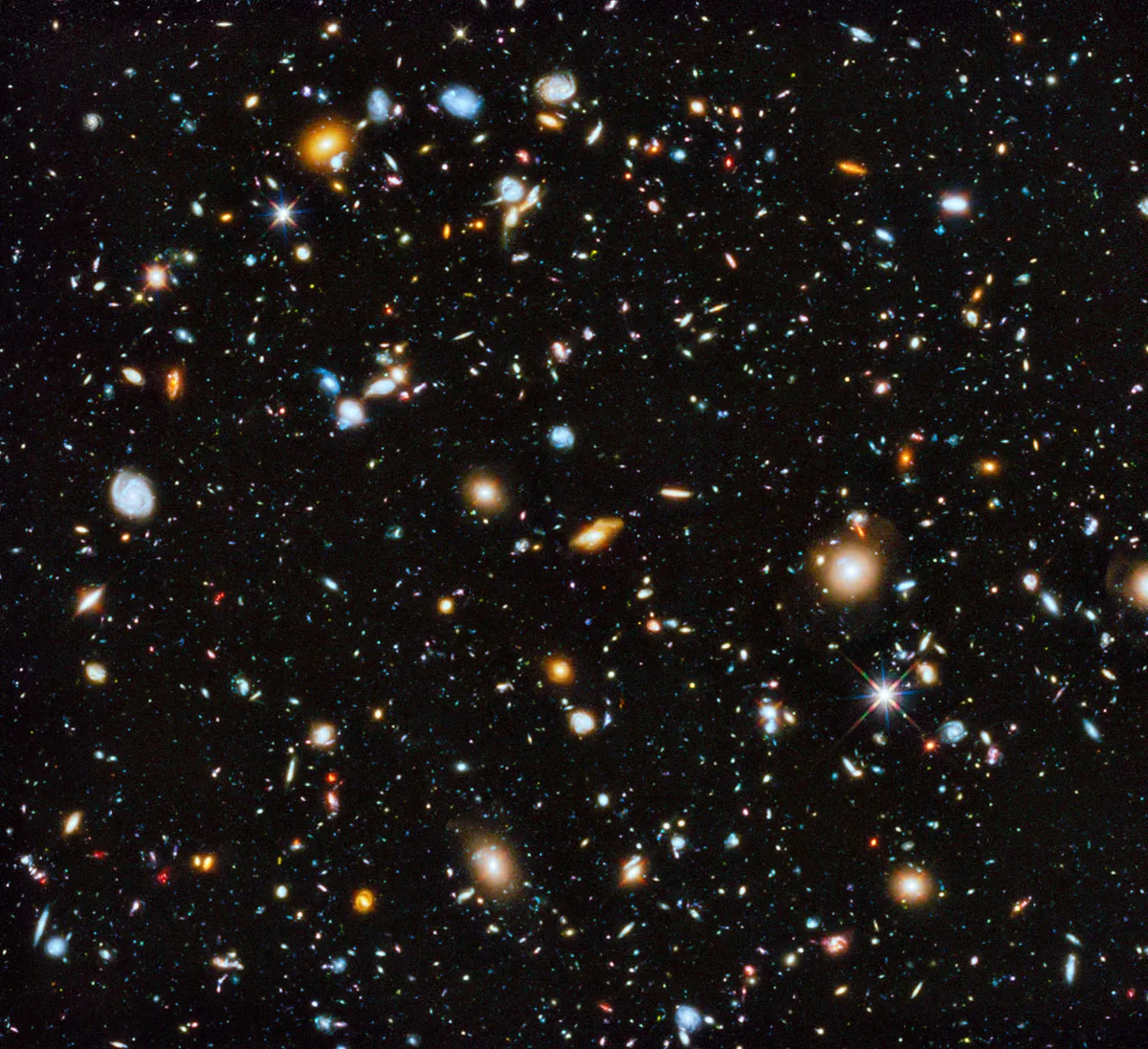
Other civilisations, older and wiser than ours, must surely have passed through this stage, and may well have solved the problem of interstellar travel.
If so, the Earth could well be on their visiting list.
Inevitably there are claims that this has already happened - the Roswell UFO incident being the most famous instance, undoubtedly to the benefit of local hoteliers and restaurants - but we await the arrival of a true expedition from afar.
I realise that I may be completely wrong: there may be something that rules out interstellar travel permanently, there may not yet be any civilisation able to achieve it, or – as a few people believe – we may, after all, be alone in the vastness of the Universe.
My opinion may be worth nothing, but I will still voice it: aliens have not yet visited us, so far as we know, but possibly they could.
And if I meet one, the first thing I will do is to persuade him to write an article for BBC Sky at Night Magazine.
What do you think? Is intelligent life elsewhere in the Universe an inevitability? Let us know via contactus@skyatnightmagazine.com.
This article originally appeared in the November 2009 issue of BBC Sky at Night Magazine.
